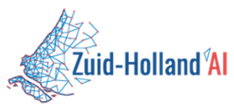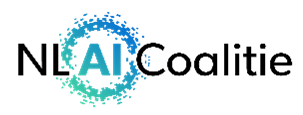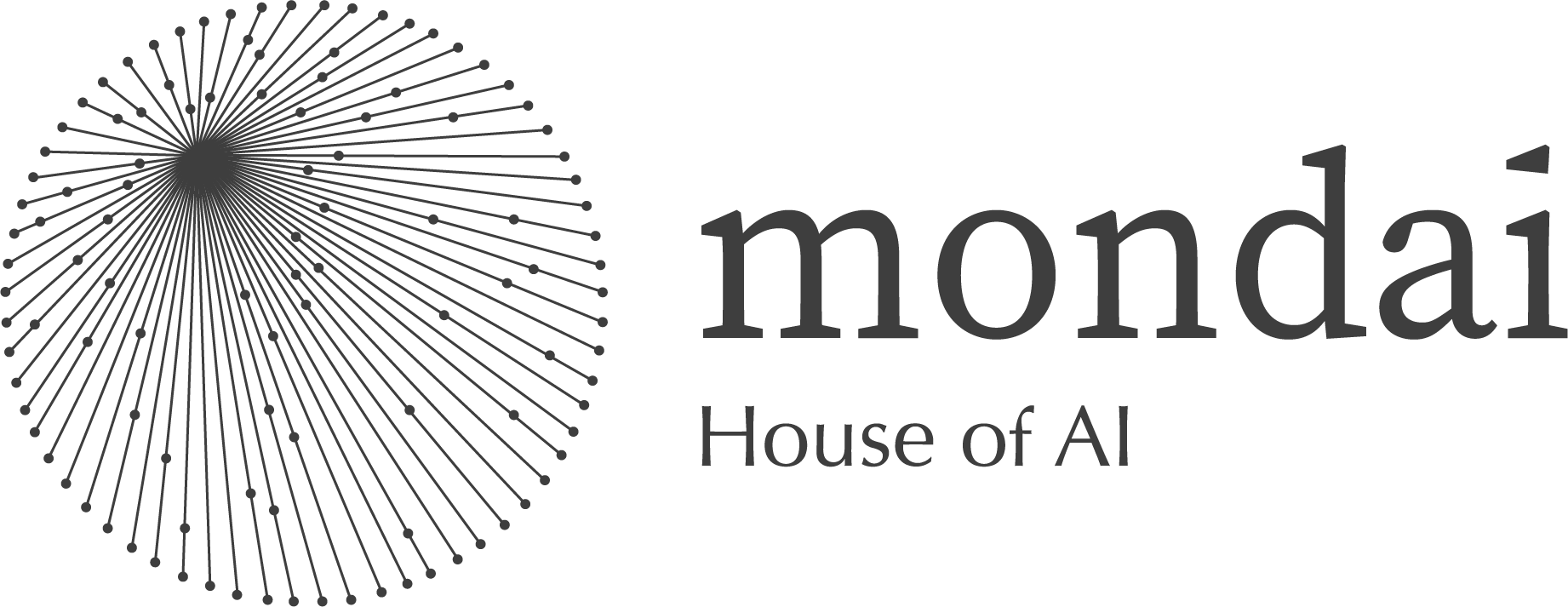
Meet the Brightest Minds in AI in Engineering from Top Universities in Europe
Augustus 28, 2024 - 14:00 - 17:30
Register

Meet the brightest minds in AI in Engineering from top universities in Europe!
- Learn about the latest research in Artificial Intelligence for Engineering
- Get inspired by key corporate players on the promises, opportunities and challenges of Artificial Intelligence for Engineering
- Meet talent through inspiring pitches, engaging poster sessions & network drinks
This event is organised by Mondai, the ’House of AI’ on the Campus of Delft University of Technology (TU Delft), together with our partner FME, AI Hub South Holland and NLAIC, as part of the IDEA League Summer School’s “Artificial Intelligence for Engineering Applications” led by professor Andrea Coraddu.
The event brings together some of the brightest minds in Europe from IDEA league universities. It is a great opportunity to learn about the latest developments in Artificial Intelligence for Engineering Applications, meet upcoming European AI Talent, and hear from start-ups and corporates about their views and cutting edge applications in Artificial Intelligence for Engineering.
Programme
13.45 – 14.15 Walk-in
14.15 – 15.35 Introduction and talk by prof. Andrea Coraddu (TU Delft), talk by prof. Luca Oneto (Univerista di Genova), Giacomo Lastrucci (TU Delft) and PhD Pitches
15.35 – 16.30 Industry Presentations by Matthieu Worm (Siemens), Jurgen Bastiaansen (Festo), and PercivAI
16.30 Drinks and poster session!
And, our already exciting programme had got even more interesting! With an extra pitch by PercivAI, a startup with expertise in autonomous systems, and a talk by TU Delft talent Giacomo Lastrucci, who will tell us more about AI for chemical process engineering.
Speakers
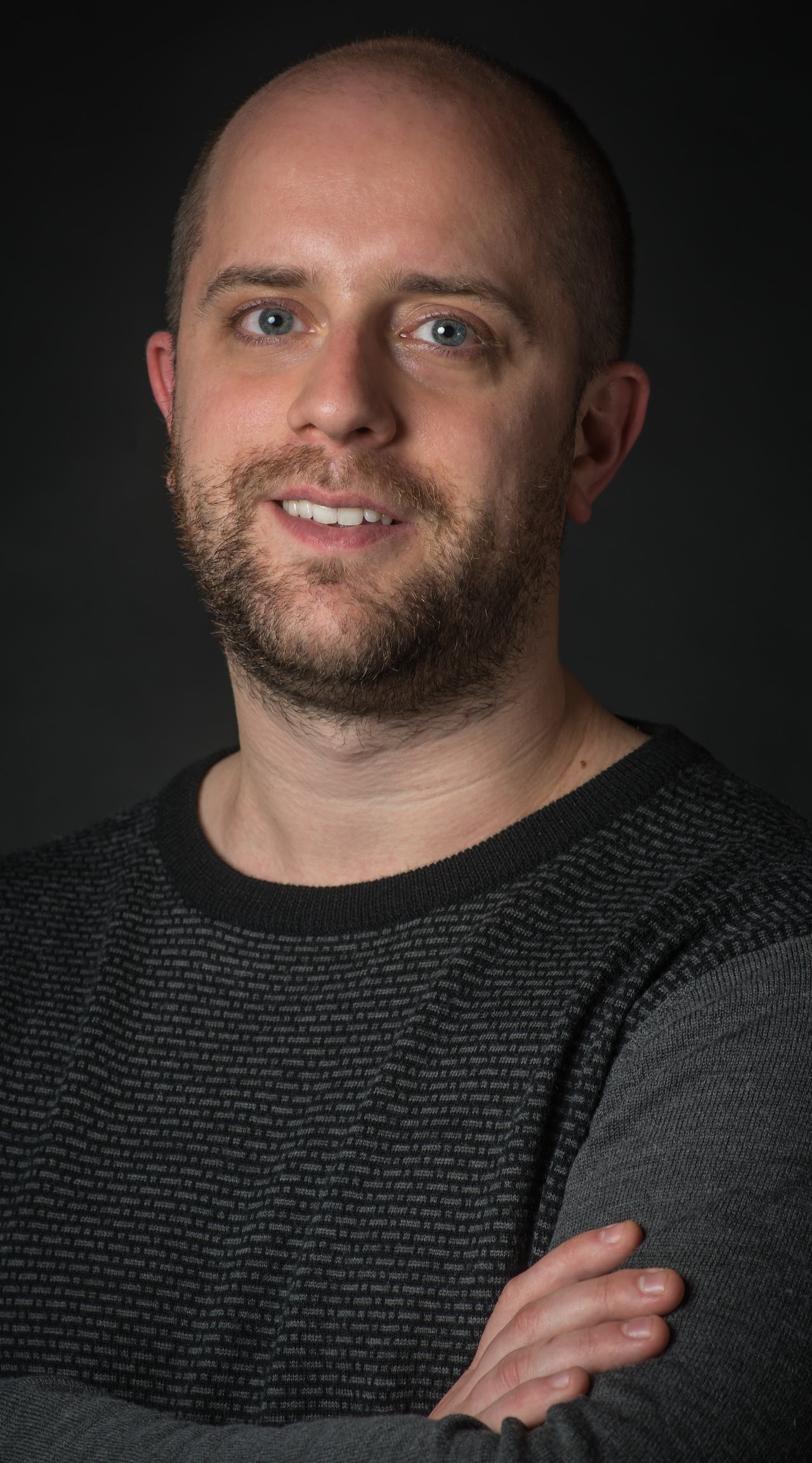
Luca Oneto, Associate Professor in Computer Engineering at Università di Genova
Trustworthy AI for Industrial Applications
The integration of Artificial Intelligence (AI) in industrial applications promises enhanced efficiency, precision, and innovation. However, ensuring the trustworthiness of AI systems is paramount to their successful adoption and long-term viability. This seminar will explore the critical dimensions of trustworthy AI, emphasizing fairness to prevent biases that could compromise ethical standards and operational integrity. Privacy will be examined to safeguard sensitive industrial data against breaches and misuse. Robustness will be highlighted to ensure AI systems maintain performance under diverse conditions. The importance of explainability will be discussed to facilitate transparency and accountability in AI-driven decisions. Additionally, the seminar will delve into the concept of physics-informed AI, which integrates physical laws into AI models to improve accuracy and reliability. Finally, the implications of the AI Act on industrial applications will be reviewed, outlining regulatory frameworks designed to foster safe and ethical AI deployment. Participants will gain a comprehensive understanding of how these elements collectively contribute to the development and implementation of trustworthy AI in industry.
Luca Oneto, born in 1986 in Rapallo, Italy, completed his BSc and MSc in Electronic Engineering at the University of Genoa in 2008 and 2010, respectively. In 2014, he earned his PhD in Computer Engineering from the same institution. From 2014 to 2016, he worked as a Postdoc in Computer Engineering at the University of Genoa, where he then served as an Assistant Professor from 2016 to 2019. Luca co-founded the company ZenaByte s.r.l. in 2018. In 2019, he became an Associate Professor in Computer Science at the University of Pisa, and from 2019 to 2024, he held the position of Associate Professor in Computer Engineering at the University of Genoa. Currently, he is an Associate Professor in Computer Engineering at the University of Genoa. He has been coordinator and local responsible in numerous industrial, H2020, and Horizon Europe projects. He has received prestigious recognitions, including the Amazon AWS Machine Learning Award and the Somalvico Award for the best young AI researcher in Italy. His primary research interests lie in Statistical Learning Theory and Trustworthy AI. Additionally, he focuses on data science, utilizing and improving cutting-edge machine learning and AI algorithms to tackle real-world problems.
Matthieu Worm, Distinguished key expert for Simulation & Digital twin at Siemens
Advancing Industrial AI: Siemens’ Innovations in Engineering Solutions
Industrial AI refers to the application of AI in an industrial context designed to meet the rigorous requirements and standards of the most demanding industrial environments. With the ability to handle big data from machines and to detect complex patterns, Industrial AI is helping to supercharge digital and sustainability transformation with speed and scale.
In his presentation Matthieu Worm will elaborate on how Siemens is using AI to improve efficiency in engineering tools. This has a wide scope, ranging for support through industrial copilots and LLM through optimization of products or complete processes to fully autonomous systems. Siemens will have a demonstration of Siemens Industrial CoPilot present during the event.
Matthieu is a TU Delft alumni, graduating in Industrial Design in 2022. He is now part of Siemens Corporate Core Technology team focusing on Simulation & Digital Twins.
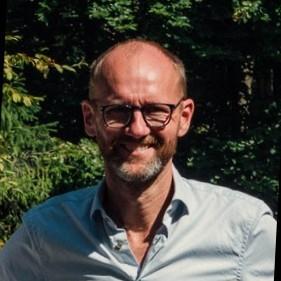
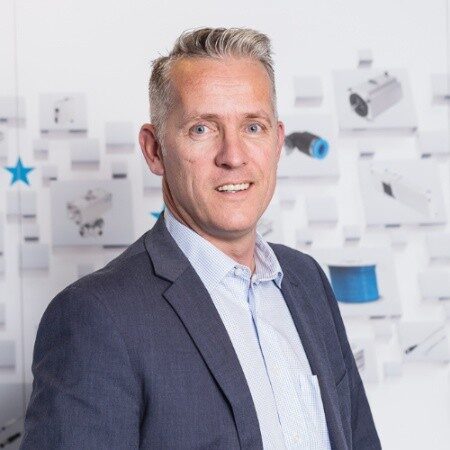
Jurgen Bastiaansen, Manager Innovation Unit at Festo
AI in Engineering at Festo
Festo has developed the artificial intelligence tool Festo Automation Experience – Festo AX for short – which allows engineers to extract high added value from the data produced by their systems using machine learning algorithms. It is designed to address three key areas: preventive maintenance, energy and quality optimization, enabling customers to increase productivity and reduce costs.
Besides the fact that in industry AI is now mainly used to monitor industry processes and explore technical (im)possibilities, we also give a glimpse into the future, where AI – in combination with high-end technology (including from Festo) – will be used to grow algae in a controlled way. Our earth’s natural resources are becoming increasingly scarce, imagine what can be achieved with these and future technologies to be developed.
Jurgen has a background in the automation industry for over 20 years. Since 7 years he is responsible for the Innovation Unit within the North West Europe cluster at Festo.
Andrea Coraddu, Associate Professor Department of Maritime and Transport Technology, TU Delft
From Predictive to Prescriptive Analytics: Challenges and Advances for Sustainable Shipping Energy Systems
Prescriptive Analytics describes automating a decision-making process starting from data without human intervention, which requires knowledge coming from multiple aspects of Artificial Intelligence informed by a multitude of data sources. For maritime applications, these requirements are not always available, and Prescriptive Analytics has limited applications as the sector still needs final decisions undertaken by human operators. Additionally, constraints and operators’ preferences need to exploit data describing the specific context in the form of ontologies and leveraging data and information not structured to achieve practical results. In this talk, the path towards Prescriptive Analytics is discussed in the context of challenges and advances for sustainable shipping energy systems.
Andrea Coraddu (Member, IEEE) was born in Pietrasanta, Italy, in 1979. He received the Laurea degree in naval architecture and marine engineering from the University of Genoa, Italy, in 2006, and the Ph.D. degree from the School of Fluid and Solid Mechanics, University of Genoa, in 2012. His Ph.D. dissertation was titled, “Modeling and Control of Naval Electric Propulsion Plants.” He was an Associate Professor with the Department of Naval Architecture, Ocean and Marine Engineering, University of Strathclyde, from October 2020 to August 2021. Currently, he is an Associate Professor of intelligent and sustainable energy systems with the Maritime and Transport Technology Department, Delft University of Technology, Delft, The Netherlands. His relevant professional and academic experiences, include working as an Assistant Professor with the University of Strathclyde, a Research Associate with the School of Marine Science and Technology, Newcastle University, and as a Research Engineer as part of the DAMEN Research and Development Department, Singapore. He is also a Postdoctoral Research Fellow with the University of Genoa. He has been involved in a number of successful grant applications from research councils, industry, and international governmental agencies focusing on the design, integration, and control of complex marine energy and power management systems enabling the development of next-generation complex and multi-function vessels that can meet the pertinent social challenges regarding the environmental impact of human-related activities.
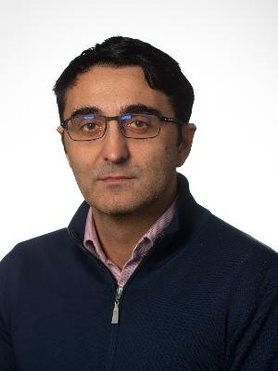
About the IDEA League
The IDEA League, a strategic alliance between five leading European universities of science and technology, believes that we have the power to shape the future. By joining forces, we will create valuable connections that inspire innovation and the pursuit of ambitious goals.
Through cross-border, bottom-up collaboration, we provide the environment for students, researchers and staff at our partner universities to share a collective wealth of knowledge, experience and resources. By doing so, we aim to connect and inspire a new generation of European science and technology graduates, champion innovation and entrepreneurship and steer Europe towards a more competitive and compassionate future.
Add to Calendar
Register


